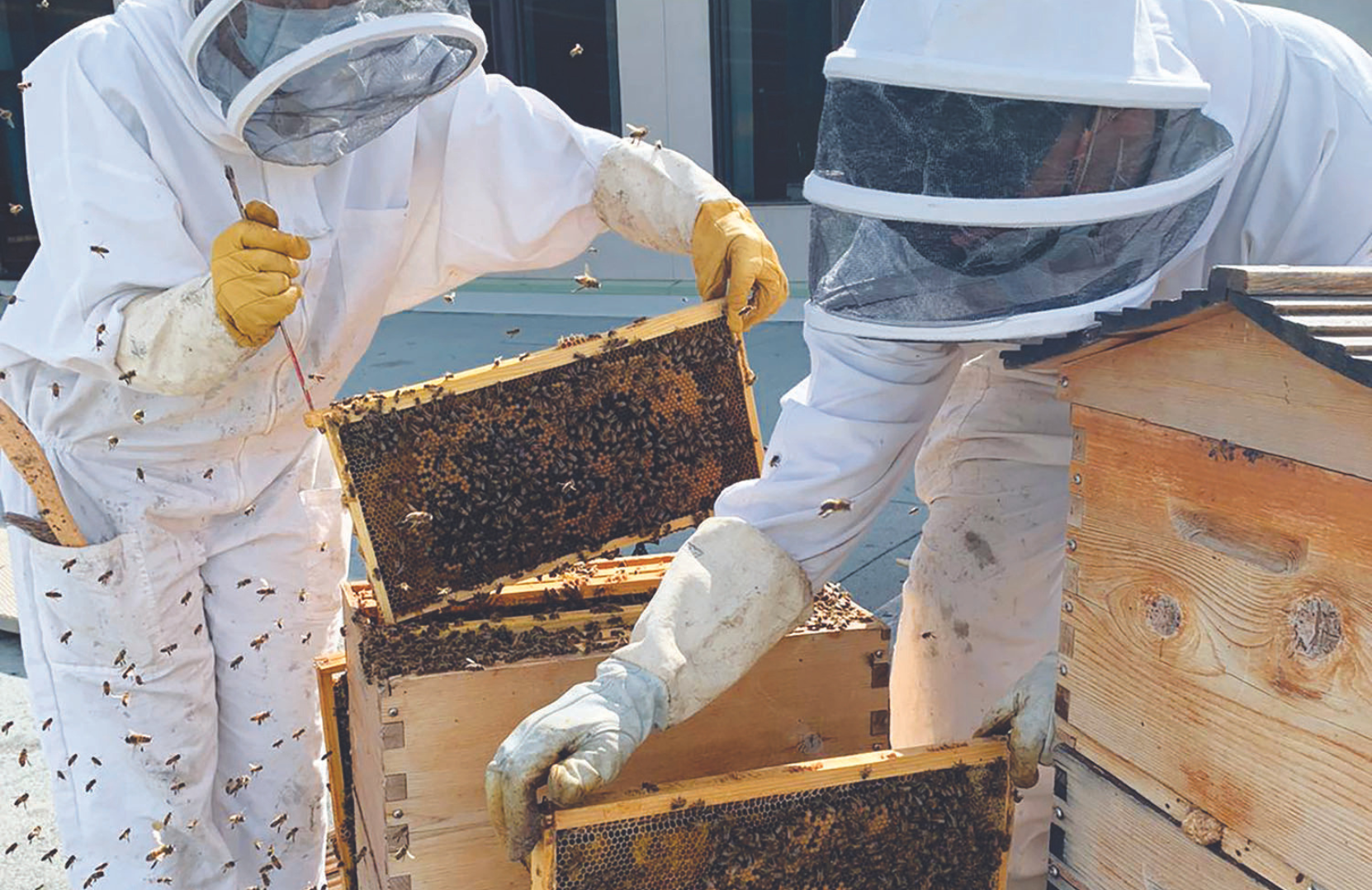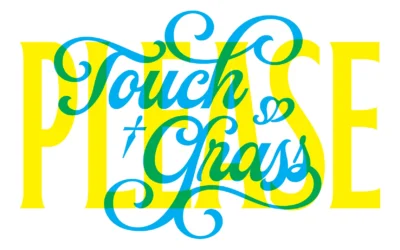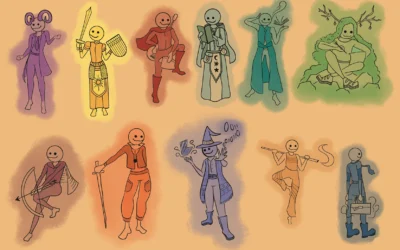While students took time off from school during the summer, several MacEwan University residents remained busy on campus.
The rooftop of Building 5 is home to several honeybee hives that were first installed in 2016 as a partnership between Campus Services and the Office of Sustainability. Troy Donovan leads a team of volunteer beekeepers in maintaining the hives.
“My role as a beekeeper is kind of being like a bee landlord,” says Amelia Altmiks, a volunteer beekeeper at MacEwan University who has been beekeeping for five years at the university — six years in total.
She explains that the hives are made up of boxes that can be added or taken away depending on how much space the bees are using. If bees are filling up all the boxes, Altmiks will provide them with another one. If there are too many empty boxes that the bees aren’t using, she will take some away so that the bees have less space to manage and watch.
“But basically, our job is to make sure (the bees) have enough food and make sure they don’t have any pests or diseases,” adds Altmiks.
Altmiks always knew she wanted to do community service work around the environment, and when she encountered beekeeping, she fell in love. It turned out to be the perfect passion project for her. Altmiks is currently majoring in philosophy and minoring in gender studies at MacEwan; she also works as community assistant for SAMU.
As a result of beekeeping at MacEwan, Altmiks was able to open her own hive in the community garden at Alberta Avenue Community League.
“Because I started that project, I’ve been able to have more mentorship opportunities with community members there who don’t have the resources to have bees for themselves,” says Altmiks. “So it’s just been really beautiful to see how… the ripple effect of (the MacEwan beekeeping) project has really (allowed me to) elevate myself and really lean into maybe a future career path, but also being able to build community around nature and give people an opportunity to do something that they don’t often get to do in the city.”
Being a beekeeper allows for mentorship and social outreach, and it is also a way to ensure that the essential pollinators remain healthy.
“(Honeybees) pollinate one third of our food, so (it’s) still pretty essential that we have a lot of bees,” says Altmiks. “Even though they’re not endangered, their numbers are still pretty rapidly declining.”
Out of 20,000 bee species in the world, only six of them produce honey, explains Altmiks, which makes honeybees pretty special. Honeybees aren’t native to Alberta, but the province is still the second-largest honey producing region after California, notes Altmiks.
This doesn’t mean that the bees have it easy in Alberta. Long, cold winters are a significant challenge. Altmiks says that this year, only one of MacEwan’s six hives survived the winter, and the beekeepers had to buy a few new packages of bees for the first time since the project started.
Smoky summers also pose a challenge to the bees. The summer of 2021 was particularly difficult, since the smoke in combination with the hot temperatures prevented the bees from leaving the hives much and gathering pollen to produce large quantities of honey.
“Last year we actually didn’t take any honey from the project. It was one of the first years we didn’t take any honey or have any honey sales, and that was to make sure our bees had enough food for the winter,” says Altmiks. “It was such a rough year.”
This year, the beekeepers were able to harvest significantly more honey — about 100 pounds, Altmiks estimates — since it was a milder summer. “There’s been a lot more rain, a lot more pollen, so the bees are a lot happier,” says Altmiks.
MacEwan uses Flow Hives for their bees. Instead of having the bees fill the frames with wax combs, there are already plastic combs built into the frames.
“The bees will get in and just start filling it with honey,” says Altmiks. “What’s unique is there’s a little Allen key device that you put in the top of the bee frame…. When we want to harvest, then we turn it and then it makes all those little hexagon shapes move so then the honey is able to flow down the bottom of the frame and out a little tube.”
“That means we can harvest right on the roof, which is pretty cool. It’s also quite a bit less messy.”
Traditionally, honey frames are placed in a large extractor and spun until all the honey drips off the honeycomb — significantly stickier than harvesting honey from Flow Hives.
A by-product of harvesting honey through an extractor is that it oxygenates the honey and mixes honey from several frames together, which can drastically alter the flavour.
“Honeybees produce different kinds of flavors depending on the pollen,” says Altmiks. Since bees can travel about two to four kilometres from their hive, they have access to a wide variety of pollen — from the gardens around MacEwan to plant life in the river valley.
With Flow Hives, beekeepers can harvest one frame at a time and preserve the unique flavours of honey instead of mixing everything together. “Even within two frames of a box, there can be honey that’s a bit lighter and more floral, and then there can be a more amber (coloured)… tree pollen honey,” notes Altmiks.
The MacEwan beekeepers plan to sell MacEwan honey at the university in late October or early November, and there will likely be other honey products like soaps, salad dressings, and crunchy honey snacks for sale as well.
Additionally, there will be a beer on tap at Towers Pub made with MacEwan honey and brewed by Alley Kat Brewing Company.
The MacEwan beekeepers are always looking for more volunteers, and students, staff, faculty, and community members are welcome to help out with the bees after completing an urban beekeeping certificate.
Altmiks teaches her own urban beekeeping course at MacEwan, and there are several other courses around the city.
“We always want to have volunteers coming and… more people who are interested in learning,” says Altmiks. Send Altmiks (sacommunity@macewan.ca) or Donovan (donovant5@macewan.ca) an email if you’re interested in becoming a volunteer beekeeper at MacEwan.
“We really want to be able to make (beekeeping experiences) available because it’s just something that doesn’t really exist very much, particularly in the city,” says Altmiks.





0 Comments